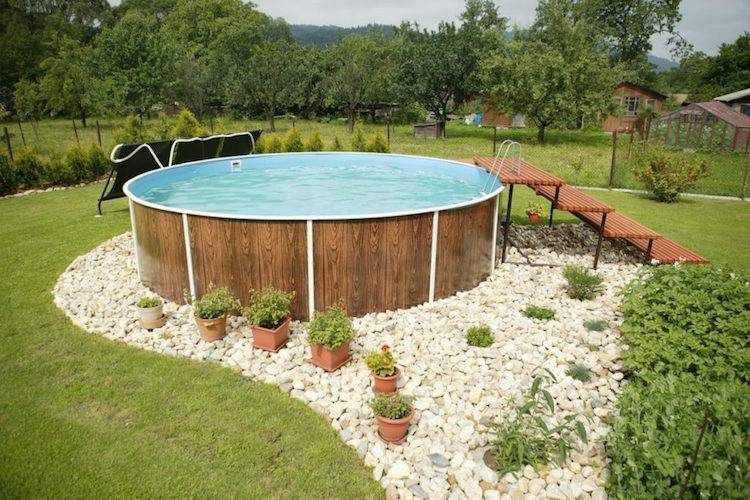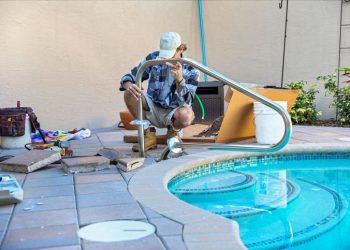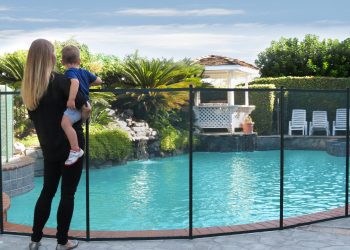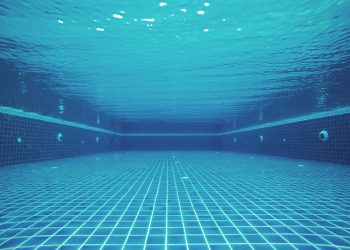Table of Contents
Many households are switching from in-ground pools to above-ground ones.
One of the benefits of picking above-ground pools focuses on how it’s inarguably inexpensive to avail and maintain one. But exactly how much maintenance do above-ground pools need? This article answers specifically just that.
Water Quality
Pool water is among the many things in the household that undergoes regular maintenance. As it should be, quality control should be the prime concern in pool maintenance. Without a proper regulation in water quality, contact on our skin may cause various irritations. Worst case possible, ingestion of water can cause abdominal symptoms resulting from infections.
Contrary to common belief, pool owners should not replace the pool water as frequently as possible. One great reason for that is how much treatment that pool water receives during its usable lifespan. Thus, when pool owners replace their water, they also replace the liquid medium suited for pool conditions. A recommended span of pool water’s usage before its replacement should be two years minimum.
Water Circulation System
A pool follows a process of refining and cleaning water. It’s the built-in circulation system’s responsibility to procure a functional cycle within the pool.
All in all, there are four parts of the system. The most important parts include the pump that continuously pushes water to the system. Skimmers and filter baskets enable dirt-free water while returning jets restarts the cycle.
Since it’s an above-ground pool, there is little to no maintenance needed. Most above-ground pool owners prefer replacing the water frequently. The continuous replacement of water makes the installation of intricate circulation systems redundant.
Filter System
All filter systems in the market follow a three-step process of filtration. The system’s mechanical component is responsible for the removal of physical particles. The chemical filter releases carbon-based compounds that soak organic and inorganic chemicals alike. Lastly, the biological filter enables the fixation of healthy microorganisms with the body of water.
In pool filters, however, its feature limits itself only to the mechanical counterpart of the system. This is due to how ineffective it is in a water space where it’s only semi-enclosed. Regardless, pool filters are tenacious tools in making the pool free from debris. Like any other filtering device, pool filters need a weekly routine of cleaning and replacements.
Chemical and Sanitizers
Most filtration systems specifically for pools only filter the physical debris of the water. But for other types of substances invisible to the eyes, many resort to chemically treating the water itself.
Water treatment proves to be the most expensive maintenance for any swimming pool user. Despite its recurring costs, it’s also the most effective way to maintain the water to its top-notch quality.
As per NSPI standards, homeowners should chlorinate the water every week. They should conduct shock treatments like HTH and Calcium Hypochlorite on the same timeframe as well. Pool’s pH tests, on the other hand, should run at an occasional level only.
Pool Liner
Pool linings don’t contribute to the water quality. Instead, these vinyl linings help in making the pool visually pleasing. As such, pool owners should not overlook its maintenance.
Fortunately, its maintenance jives well on how pool users should take care of the pool, all in all. Pool linings will depreciate less on consistently scheduled maintenance. But most above-ground pools are detachable and getting pool supplies has never been easy. This feature makes vinyl linings practically useless to apply and maintain in the first place.








